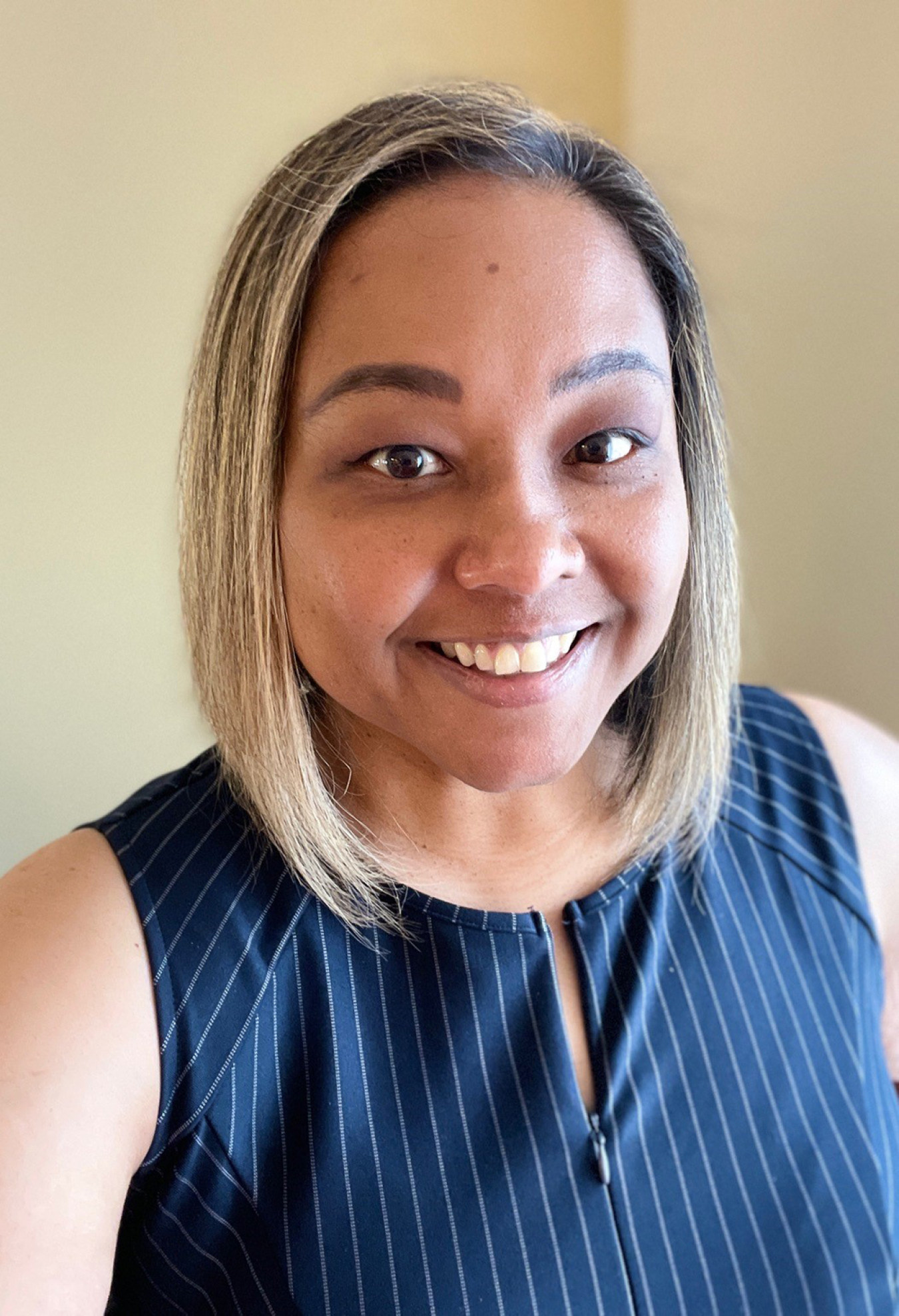Jessica Norles makes sure our partners keep track of how much nuclear material they have from the United States and get their promise to not use it for evil purposes.
National Nuclear Security Administration
March 28, 2023
What is your role here at NNSA? How does it align to our mission?
I am a Foreign Affairs Specialist, focusing on Nuclear Cooperation Agreements, nuclear material accountancy issues, and export controls. I make sure our partners keep track of how much nuclear material they have from the United States and get their promise to not use it for evil purposes.
What led you to a career in nuclear security?
My first job was in medical research and development as part of a team to develop and test a medical device to detect jaundice in newborn babies. I worked in the field for years.
When I was given an opportunity to work as a nuclear materials analyst for the Nuclear Materials Management and Safeguards System, the U.S. government’s program for tracking movements, uses, and inventories of nuclear material, I jumped at it. I have over 20 years of experience in nuclear security, including working as an analyst at Savannah River National Laboratory, a technical expert, and now as a Foreign Affairs Specialist.
What is the best part about your job?
Every day is a different day with new challenges. Our nuclear security mission is paramount, but I enjoy collaborating with very smart and creative colleagues who have the same desire to make the mission a success.
I make sure our partners keep track of how much nuclear material they have from the United States and get their promise to not use it for evil purposes.
What did you study in school and how did it impact you personally and professionally?
I earned a bachelor's degree in physics from Spelman College, a private, historically black, women’s liberal arts college in Atlanta. While there, I was an academic scholar in the Women in Science and Engineering program, established to encourage underrepresented minorities to pursue degrees in science, technology, engineering, and mathematics.
The program allowed me to attend Spelman with other academically talented women in a challenging yet supportive environment. Attending a women’s college enabled me to develop confidence and self-awareness. I came out knowing who I was as a person, which has helped me to excel throughout my education and career.
What is something about your personal background/experience that shaped your work?
Growing up as as the daughter of an Army sergeant father and a Korean immigrant mother and living overseas. Being a third culture kid has given me flexibility and helped me accept diverse backgrounds and different viewpoints. In my day-to-day job in the Office of Nonproliferation and Arms Control, this has enabled me to better communicate with my colleagues and international partners.
Tell us a little about yourself – a fun fact, a personal hobby, and/or accolades received.
In addition to completing more than 100 half-marathon races overall, I have finished a half-marathon race in all 50 U.S. states, Washington, D.C., and 10 Canadian provinces.
How is NNSA different from other organizations you’ve worked for?
There are quite a few women working at NNSA. Currently, many senior leadership positions are held by women, such as Administrator Hruby and Deputy Administrator Hinderstein. That reflects women are interested working in the nuclear security field and that NNSA provides an environment where women want to work.
Why do think diversity and inclusion are important to your profession?
Diversity and inclusion can enable innovation. People come from different backgrounds with various viewpoints and experiences which can help boost creativity, help think outside the box, and aid in problem-solving unique challenges. Additionally, diversity and inclusion is critical to retaining talented professionals when they see that an agency values it and creates opportunities for professional growth.
What advice do you have for young women and girls interested in a career like yours?
I recommend that young women and girls study a field that genuinely interests them. Keep a record of all your accomplishments, awards, and even positive comments people make about your studies and work, and believe in the positive feedback you receive.

